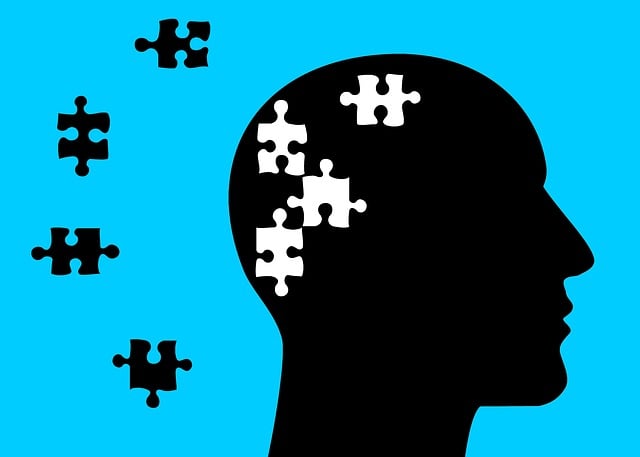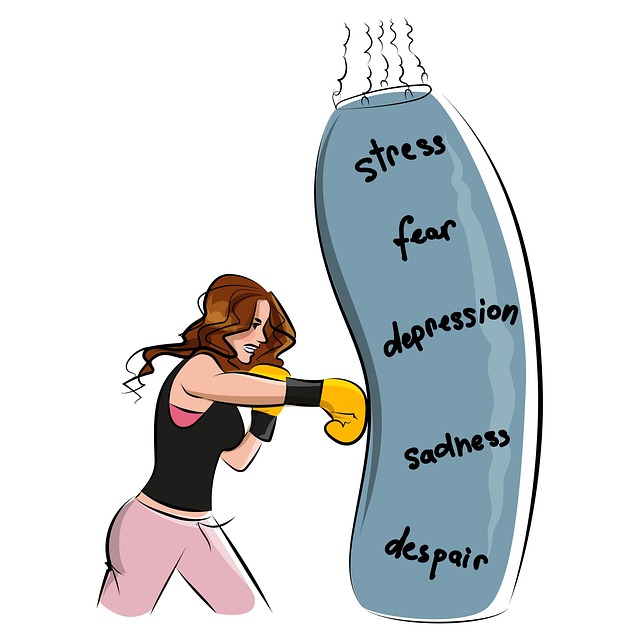Mental health professionals certified in Boulder EMDR Therapy utilize comprehensive risk assessments to tailor treatments, combining past trauma evaluation, current stressor analysis, and coping strategy insights. This approach enables them to create supportive environments that promote healing, especially for Post-Traumatic Stress Disorder (PTSD). By integrating evidence-based practices like EMDR therapy and Mental Wellness Journaling Exercise Guidance, therapists reduce burnout, enhance treatment outcomes, and empower clients with personalized coping skills through strategies like Social Skills Training and Confidence Boosting activities.
Mental health professionals constantly navigate complex scenarios, making risk assessment an indispensable skill. This comprehensive guide delves into the intricacies of risk management, focusing on strategies for mental health practitioners. We explore ‘Understanding Risk Assessment in Mental Health Practice’ and highlight the significance of Boulder EMDR Certified Therapy as a powerful tool for mitigating risks effectively. Furthermore, we provide practical ‘Strategies for Effective Risk Management’ to ensure safe and supportive therapeutic environments.
- Understanding Risk Assessment in Mental Health Practice
- The Role of Boulder EMDR Certified Therapy
- Strategies for Effective Risk Management
Understanding Risk Assessment in Mental Health Practice

Mental health professionals are tasked with helping individuals navigate complex emotional landscapes and manage a wide range of mental health conditions. As such, understanding risk assessment is an integral part of their practice. Risk assessment involves systematically evaluating and interpreting potential hazards or vulnerabilities that could impact a client’s mental health and overall well-being. It’s not just about identifying risks; it’s about using this knowledge to develop proactive strategies for coping skills development and emotional well-being promotion techniques.
For professionals, particularly those certified in Boulder EMDR Therapy, risk assessment is crucial in tailoring treatments effectively. By assessing factors like past traumas, current stressors, and coping mechanisms, therapists can design interventions that address specific needs. This holistic approach not only enhances the therapeutic process but also empowers clients with tools for stress management. Effective risk assessment, combined with evidence-based practices, fosters a supportive environment where individuals can heal and thrive, even in the face of challenges.
The Role of Boulder EMDR Certified Therapy

Boulder EMDR Certified Therapy plays a pivotal role in enhancing mental health professionals’ toolkit for addressing complex trauma and its lasting effects. Eye Movement Desensitization and Reprocessing (EMDR) is a well-researched therapeutic approach that has proven effective in treating Post-Traumatic Stress Disorder (PTSD) and other trauma-related conditions. This specialized therapy utilizes bilateral stimulation, such as side-to-side eye movements or gentle taps, to help individuals process traumatic memories and reduce the intensity of associated emotions.
For mental health professionals, incorporating Boulder EMDR Certified Therapy into their practice offers a game-changing strategy in their community outreach program implementation. By integrating this approach, therapists can provide more comprehensive care for clients experiencing trauma, potentially preventing burnout as they navigate challenging cases. Furthermore, Mental Wellness Journaling Exercise Guidance can complement EMDR therapy, encouraging clients to track their progress and reflect on the emotional shifts experienced during treatment.
Strategies for Effective Risk Management

Mental health professionals face unique challenges when it comes to managing risks within their practice. Effective risk management is essential for ensuring client safety and maintaining ethical standards, especially as they navigate complex cases and diverse populations. One key strategy for navigating this landscape involves integrating evidence-based practices tailored to individual needs, such as Boulder EMDR Certified Therapy, which has proven successful in treating trauma and enhancing coping abilities. This approach not only strengthens clinical outcomes but also empowers professionals to anticipate and mitigate potential risks proactively.
Additionally, fostering strong therapeutic alliances through open communication and active listening plays a vital role. Professionals can then collaboratively identify risks with clients and develop personalized strategies, including Social Skills Training and Confidence Boosting activities, to improve coping skills development. By combining these methods, mental health practitioners create a supportive environment that encourages resilience while effectively managing potential hazards.
Mental health professionals must constantly navigate complex situations, making risk assessment an indispensable tool. By understanding the nuances of risk evaluation and employing strategies like Boulder EMDR Certified Therapy, practitioners can effectively manage potential hazards while fostering a safe environment for their clients. These comprehensive approaches ensure that mental health care remains both secure and transformative.













